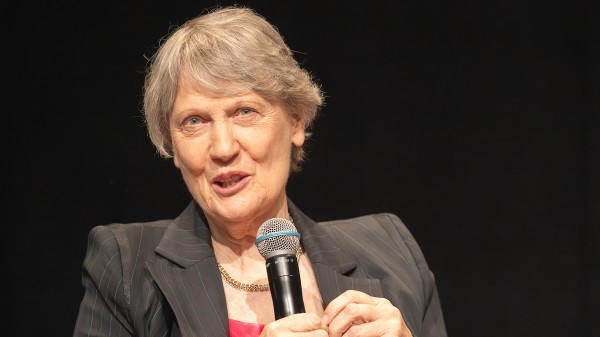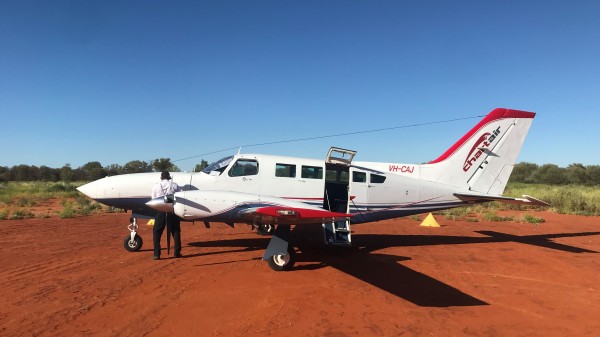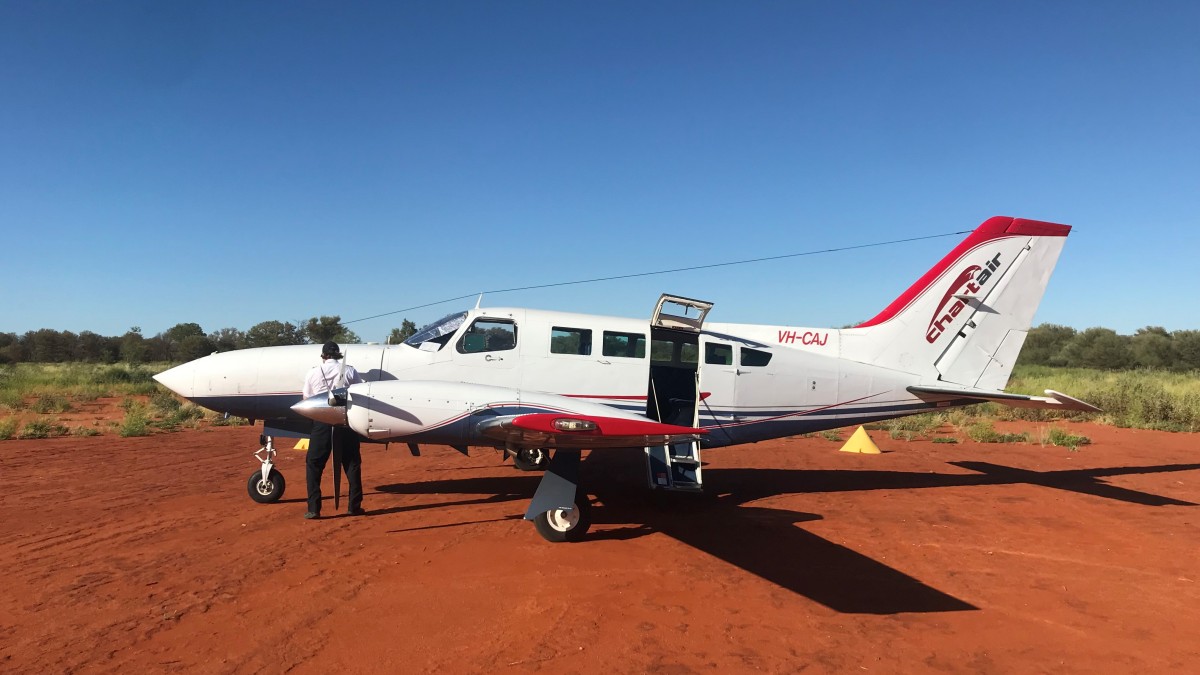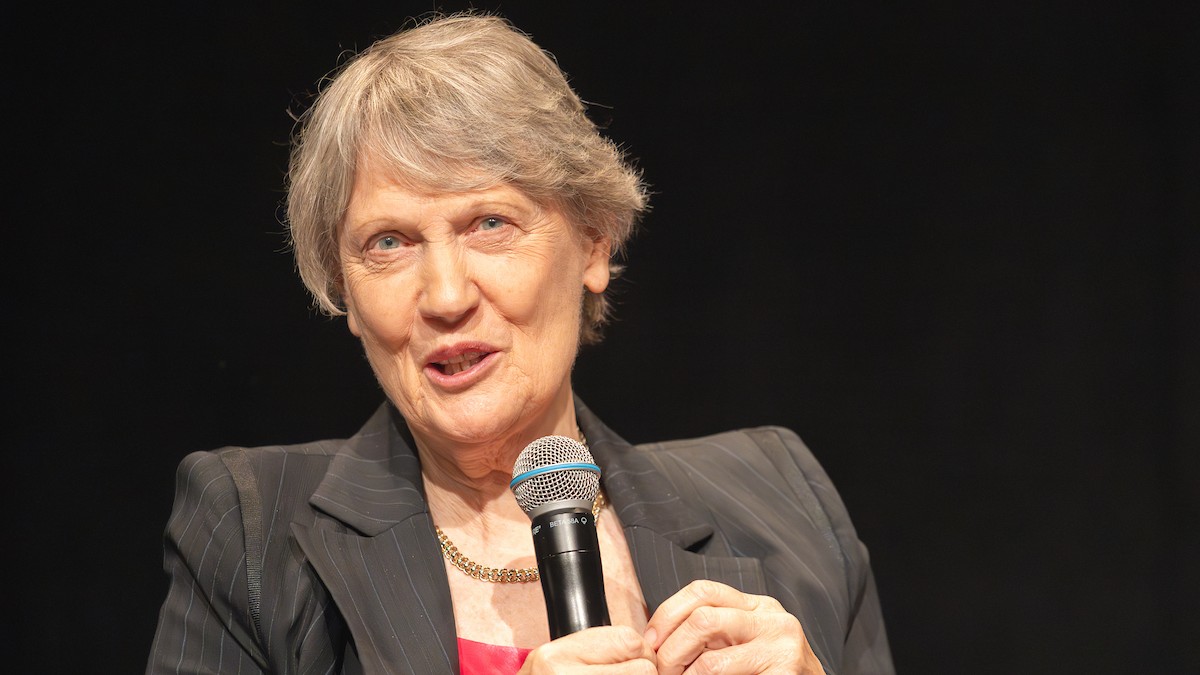Imagine being physically exhausted all the time. Now imagine society being unsympathetic to your condition, or being misdiagnosed by your doctor as having a mental problem. For sufferers of myalgic encephalomyelitis (ME), also known as chronic fatigue syndrome, diagnosis of this illness as a legitimate health issue can be problematic. But Associate Professor Brett Lidbury and Dr Alice Richardson of the Research School of Population Health are determined to change this.
People are considered to have ME once all other illnesses have been ruled out, e.g. iron deficiencies or thyroid problems, and are still fatigued after six months. A small scale study undertaken by Lidbury and colleagues, however, has revealed that serum activin B levels are altered in a subset of ME patients and could be diagnosed with a blood test. They are investigating this further.
Lidbury and Richardson are part of an international research team that has been awarded $1 million dollars by The Mason Foundation to conduct a larger scale study over the next five years. Researchers will establish a Biobank which will store blood samples from approximately 550 participants. They will then analyse these samples in the hopes that the pathology markers they have previously identified as being indicated in ME are statistically significant.
“We want to work with doctors to provide better health outcomes for Australians,” says Lidbury. “Chronic fatigue syndrome is real, but Doctors are time poor, and diagnosing it can be a lengthy process. We want to develop a diagnostic tools that GPs can use, then confirm with pathology results.”
“Up to 240,000 Australians are suffering with ME. We hope that that this research will not only provide confirmation of the disease, but deepen our understanding of it, and who knows, maybe it will help lead to a cure.”
** Emerge Australia and La Trobe University (Microbiology) are the lead institutions in the grant awarded by The Mason Foundation. Bio21 Institute (University of Melbourne), London School of Hygiene and Tropical Medicine, Macquarie University, Open Medicine Foundation (USA), Murdoch Children’s Research Institute (MCRI), Victorian Paediatric Rehabilitation Service, Solve ME/CFS Initiative, and the Australian Red Cross are also part of this Biobank collaborative research team.















